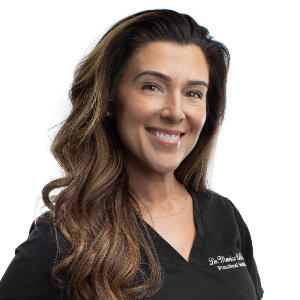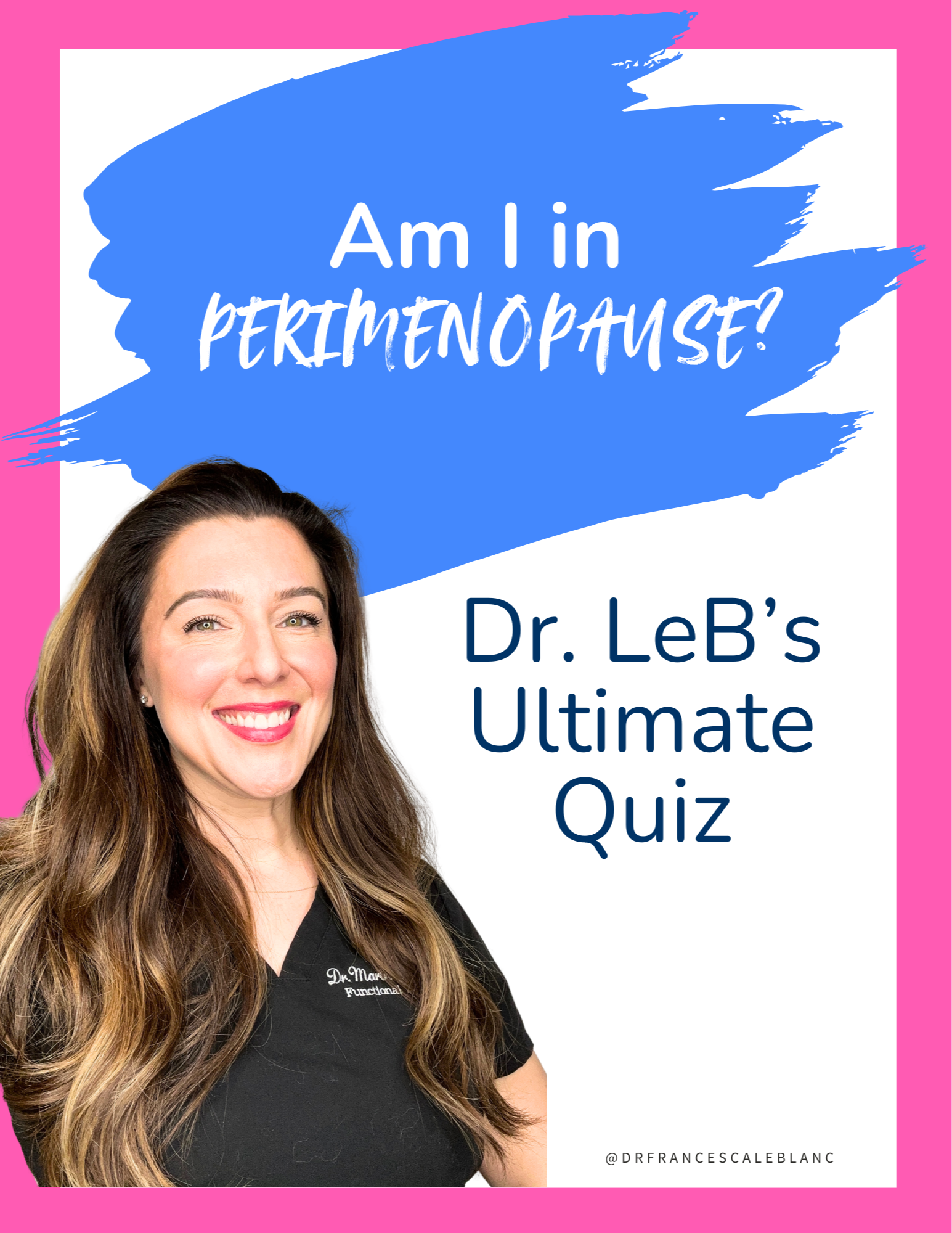What I Use Instead of “Machine Lubricant” Oils

First, context. I grew up on my grandmother’s kruschiki fried in Crisco and my mom scrambled my eggs in PAM. Remember when butter was villainized and “vegetable oils” were the halo foods? They were lied to. We all were. And hello, it would have been nice to know Crisco can double as machine lubricant so we could make an informed choice about eating it!
Why I am not team soybean, canola, or corn oil
In my opinion, these highly refined industrial seed oils are not heart friendly and definitely not hormone friendly. There is a growing body of research linking excess omega-6 intake and an imbalanced omega-6 to omega-3 ratio with inflammation and cardiometabolic risk (see PMIDs: 24639860, 22570770). The typical American pattern skews around 20:1 omega-6 to omega-3. That kind of imbalance is associated with higher risk for chronic inflammatory conditions like nonalcoholic fatty liver disease, cardiovascular disease, obesity, IBD, rheumatoid arthritis, and cognitive decline.
Hormones 101: why the fats you choose matter
Your body builds steroid hormones from cholesterol. That process needs adequate dietary fat, protein, micronutrients, and an inflammation environment that is not on fire. I focus on stable cooking fats and a better omega-6 to omega-3 balance so we support hormone production, insulin sensitivity, and cell membranes without adding unnecessary oxidation stress in the pan.
The oils I use for hormone balance in my kitchen
-
Coconut oil for stir-frying and sautéing
-
Grass-fed butter or coconut oil for baking
-
Avocado oil for higher-temp roasting
-
Extra virgin olive oil for salad dressings and gentle finishing
These choices are simple, stable, and delicious. I also pull omega-3s from foods like salmon, sardines, pastured eggs, and chia or flax.
“Ditching seed oils” without panic
If this feels overwhelming, try the easiest experiment. Do not overhaul everything today. Swap one product when it runs out. Replace the spray or bottle you use most often with one from the list above. Then move to the next item. That is how families change pantries without stress.
Label check cheat sheet
Flip the bottle and look for these words high on the ingredient list. If they lead the label, I pass for everyday cooking: Soybean oil, corn oil, canola oil, cottonseed oil, grapeseed oil, generic “vegetable oil,” and most blends that say “heart healthy” but do not name the actual olive or avocado percentage. For dining out, I assume mixed seed oils and choose grilled or baked options, then use my own olive oil at home.
But what about sunflower or sesame?
I use these more as flavor accents, not my daily sauté oils. If you love them, save them for dressings or a drizzle and keep portions small. The daily driver oils in my house are coconut, avocado, butter, and extra virgin olive oil.
Quick science note
Dietary fat is not the villain. Ultra-processed patterns and chronic imbalance are. The literature connecting high omega-6 patterns to inflammation and cardiometabolic disease is evolving, but strong enough that I steer families toward more whole foods, more omega-3s, and fewer industrially refined oils in the everyday pan (PMIDs again: 24639860, 22570770).
Real life swaps
-
PAM → brush or mister with extra virgin olive oil
-
“Vegetable oil” jug → avocado oil bottle
-
Crisco for pie crust → half butter, half coconut oil
-
Store-bought seed-oil mayo → olive oil or avocado oil mayo
-
Chips fried in seed oils → baked potatoes or homemade fries in avocado oil
If you grew up on PAM and Crisco, you are not alone
I did too. No shame. We are just doing better with what we know now. Your body will thank you in your energy, skin, and cycles.
The information provided in this blog post is for informational purposes only. The information is a result of years of practice and experience by Dr. Francesca LeBlanc. However, this information is NOT intended as a substitute for the advice provided by your physician. Do not use the information provided in this post for diagnosing or treating a health problem or disease, or prescribing medication or other treatment. Always speak with your physician or other healthcare professional before taking any medication or nutritional, herbal or homeopathic supplement, or using any treatment for a health problem. Please, do not disregard professional medical advice or delay in seeking professional advice because of something you have read on this website.




